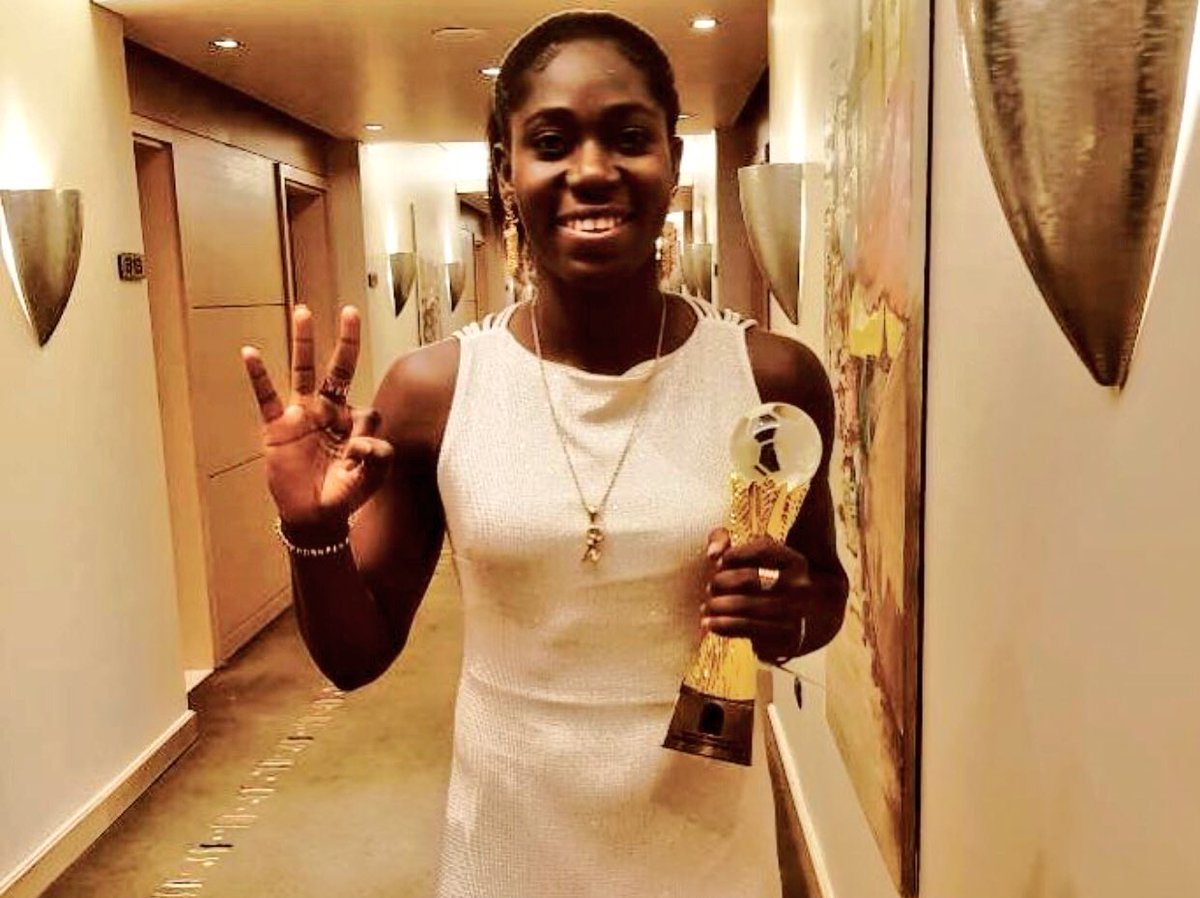 |
Senegal’s Sadio Mane and Nigeria’s Asisat Oshoala were named Men’s and Women’s Player of the Year earlier this week at CAF’s Awards.
As always, there has been a clamour to find out who exactly Ghana’s representatives voted for.
Here’s a breakdown of which players they backed in this year’s awards.
CAF Men’s Player of the Year
For this category, voting was divided into two phases. The first phase saw members of the CAF Technical & Development Committee (16), Media Experts (25) and Legends (9) pick their top five candidates from the 30-man shortlist. The totals are calculated with the three players with the highest numbers progressing to the second phase of voting. In the next phase, the Head Coaches or Technical Directors of CAF Member Associations, Captains of CAF Member Associations ranked the top three players – Sadio Mane, Riyad Mahrez and Mo Salah
Phase One
Ghana’s media reps for Phase One were sports journalist, Juliet Bawuah and former GFA Communications, Ibrahim Saanie Daara.
With the players with the higher numbers best placed to go through, Juliet Bawuah picked Sadio Mane as her first choice (5), Riyad Mahrez (4) and Mohammed Salah (3) as her second and third picks with Odion Ighalo (2) and Hakim Ziyech (1) rounding up her favourites.
Ibrahim Saanie also selected Sadio Mane (5) as his top pick but went for Mohammed Salah (4) and Ghana’s Thomas Partey (3) as his second and third. Riyad Mahrez (2) and Kalidou Koulibaly (1) complete his selection.
Phase Two
With Sadio Mane, Riyad Mahrez and Mo Salah making it into the second round, it was up to then-Black Stars coach, Kwesi Appiah and captain Andre Ayew to make Ghana’s selections.
Kwesi Appiah selected Sadio Mane (3) as his highest pick with Mo Salah (2) second and Riyad Mahrez (1) third. Andre Ayew also picked Mane (3) first with Mahrez (2) second and Salah (1) third.
CAF Women’s Player of the Year
Just like the men’s award, there were two different phases of voting with the initial 10-woman shortlist cut to just three for the second round of voting.
Phase One
Juliet Bawuah picked Tabitha Chawinga, Ajara Nchout, Asisat Oshoala, Chiamaka Nnadozie and Gabrielle Ouguene as her top five picks, in that order.
Ajara Nchout, Tabitha Chawinga, Asisat Oshoala, Christina Thembi and Gabrielle Ouguene were Ibrahim Saanie‘s top five picks.
Phase Two
Then-Black Queens Coach, Mercy Tagoe voted for Asisat Oshoala as her top pick from the three-player shortlist.
Christina Thembi Kgatlana and Ajara Nchout were second and third for Mercy Tagoe.
Thembi Kgatlana was captain Elizabeth Addo‘s first choice, with Ajara Nchout and eventual winner Asisat Oshoala, second and third.
Credit:citisportsonline

Comments
Post a Comment